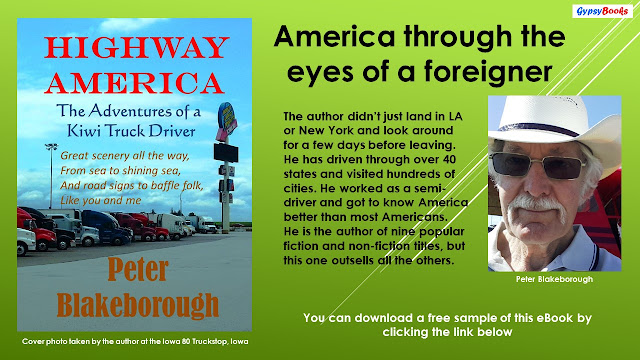Meanwhile, governments do little and the United Nations does even less
The United Nations was founded in 1945 by 51 countries committed to maintaining international peace and security, developing friendly relations among nations and promoting social progress, better living standards and human rights.
This year the UN, now with a membership of 193, is celebrating 70 years of progress and achievements. The world body has expanded to include 17 major agencies covering many aspects of the daily lives of billions of people worldwide. The UN is often criticised for its failures, and there have been many, but the UN is also the world’s greatest ever political and humanitarian success story. This is often overlooked by critics.
As the celebrations wind up, the UN should be resolving to include among its agencies, by the time of the 75th anniversary celebrations, an international road traffic organisation dedicated to reducing death and injury from traffic accidents worldwide.
Many UN agencies have come in for severe criticism over the years and in some cases the UN may have failed, but the bulk of the criticism comes from a lack of understanding, suspicion and from people with extremist political and economic views. But without the UN the world would be a poorer and more violent place.
However, there is no UN organization dedicated to saving lives on the world’s highways, even though over a million people are killed every year, scores of millions more are seriously injured, and the cost to society is astronomical. The United Nations leaves it to national governments to do their own thing and almost all fail dismally. It is time for the world body to establish an organization that can bring uniformity, standards and targets to a global campaign for road safety
Although there are currently several non-UN organizations that have been established for transport and traffic, most represent commercial interests.
However, the United Nations Economic and Social Council was responsible for the 1968 Geneva Convention on Road Traffic, a treaty intending to establish standard traffic rules, but only 73 countries have ratified the treaty. In addition, the Council set up the Convention on Road Signs and Signals, but only 15 states ratified that treaty. There was also the earlier 1949 Geneva Convention on Road Traffic, which dealt mainly with International Driving Permits, ratified by only 95 states, and generally regarded as a failure.
An International Road Traffic Organization could have more clout if it was a separate UN body, independent of the UN Economic and Social Council.
The Organization could set target dates for member states to adopt standards for driver training, testing and licensing. Instead of having a national license and an optional, but worthless, International Driving Permit, all licenses would be classed as international, but containing an endorsement for left or right side driving. Data sharing could prevent suspended drivers from driving in other states.
A target date for achieving uniform traffic rules and signs could be set, including a target for adopting metric measurements, rules, symbols and signs.

Commercial drivers currently have their driving time restricted in some states, but not in others. Amateur drivers can do as they please everywhere. A worldwide body could establish uniform driving time limitations for all.
Vehicle design standards vary from country to country, and currently many countries do not require periodic vehicle inspections. The Organization could greatly increase vehicle safety. The practice of disposing of unsafe vehicles in countries with lower standards, or no standards, could end.
Continued below . . .
The mandatory installation of GPS tracking, vehicle data recording and access limiting technology could have many benefits including improved road safety and lower insurance costs.
In this world of increasing international mobility, it is going to be vital to plan for even greater mobility in the years ahead and to adopt rules that will be understood and accepted everywhere. Wherever a person drives in the world, he or she should be able to do so confident that the rules are the same, and that other drivers will also be driving to the same rules.
Universal rules for flying and shipping, with few exceptions, have applied for many years and work well. It is time for motorists and their passengers to expect no less. It is time for the United Nations to take the lead.









In reality this could work.........!
ReplyDeleteSo your saying we all need a Masters in driving 😆
Yes it can work. We need to take note of air traffic and shipping. For them the same rules apply worldwide, and pilots and ship's captains do not need to obtain a new qualification before landing or entering a port. Their licences are recognised internationally.
ReplyDeleteThe biggest task in getting international road traffic rules will be getting everyone driving on the same side of the road. But that is not impossible, and may even be easier than many people may think. It will certainly save many lives each year.